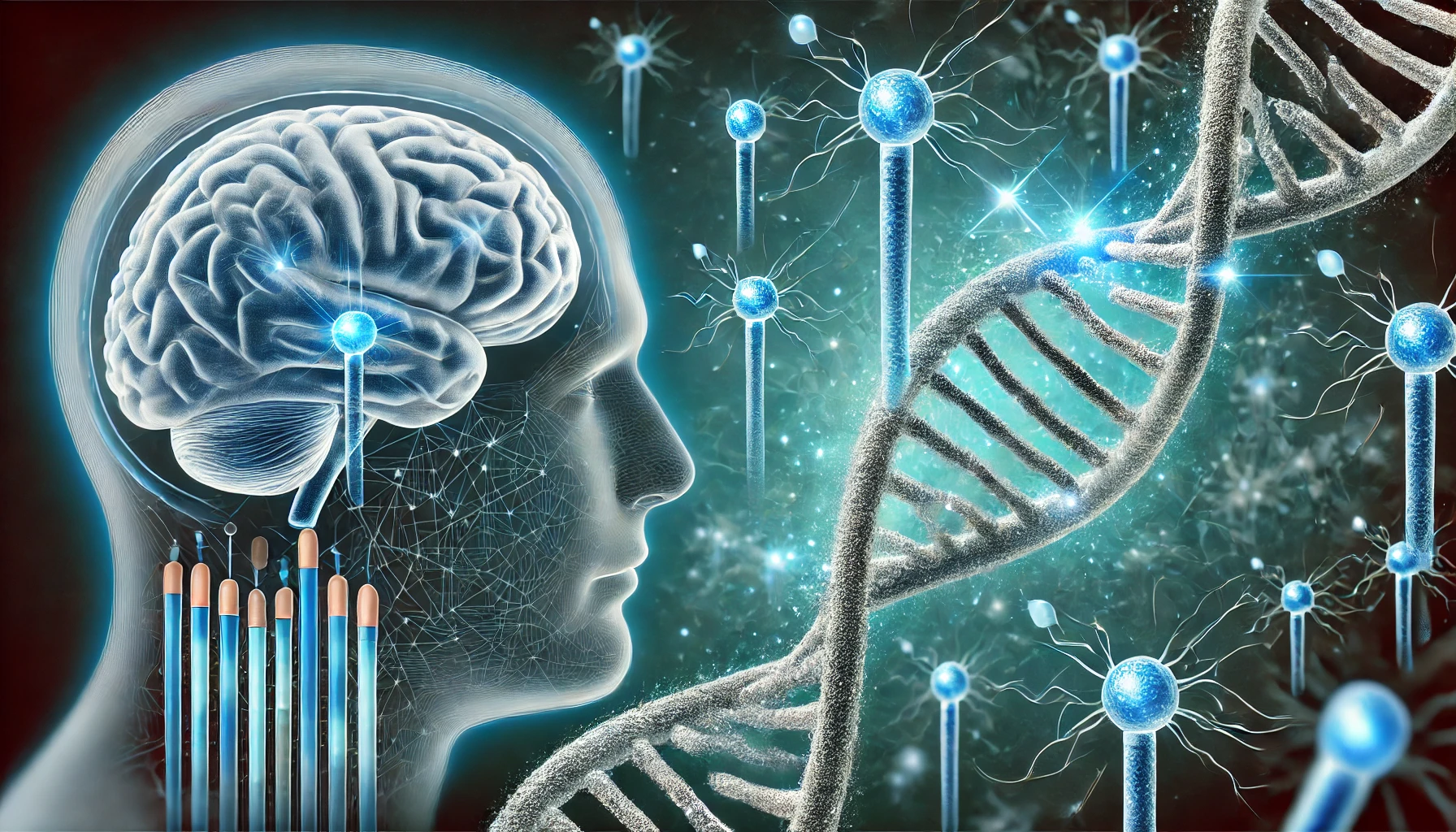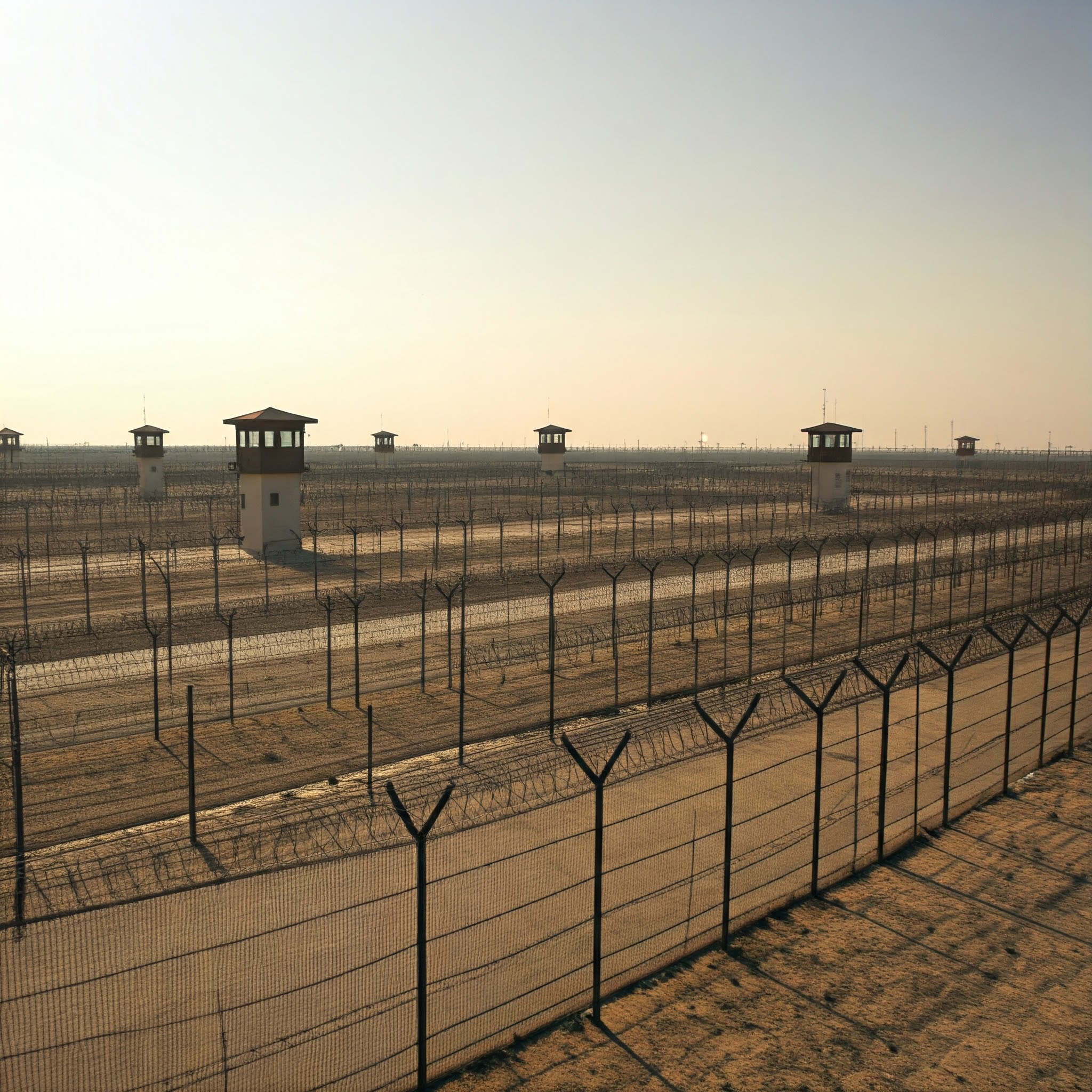Suzetrigine: FDA Approved Non Opioid Pain Medication
The U.S. Food and Drug Administration (FDA) has approved Journavx (suzetrigine), the first new class of pain medication in 25 years, offering a non-addictive alternative to opioids. Developed by Vertex Pharmaceuticals, this breakthrough targets acute pain from surgeries or injuries, addressing the opioid crisis that claims over 100,000 U.S. lives annually. How Journavx Works Clinical Trial … Read more






